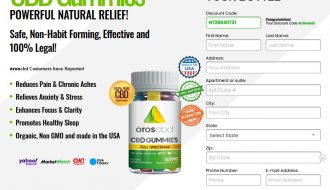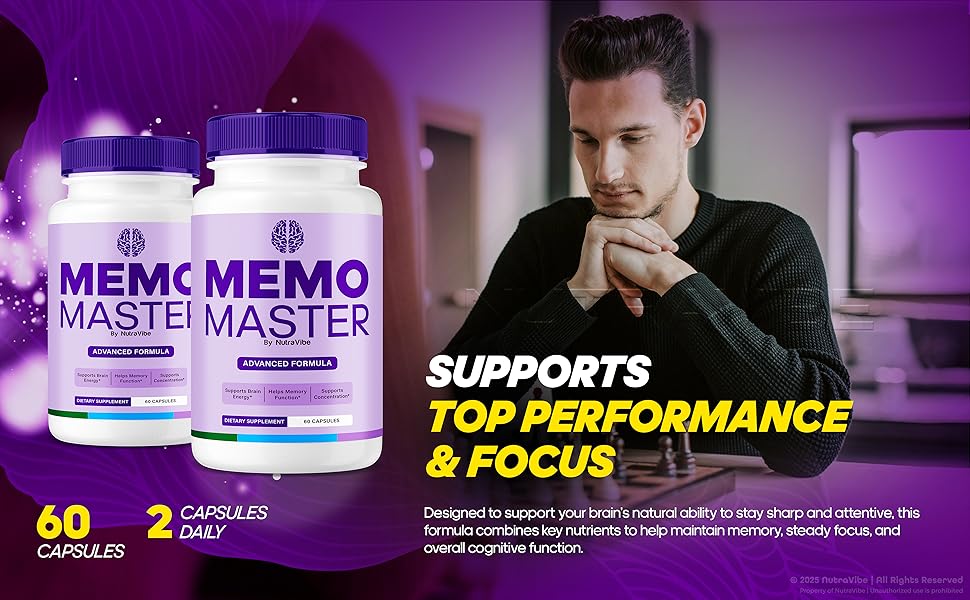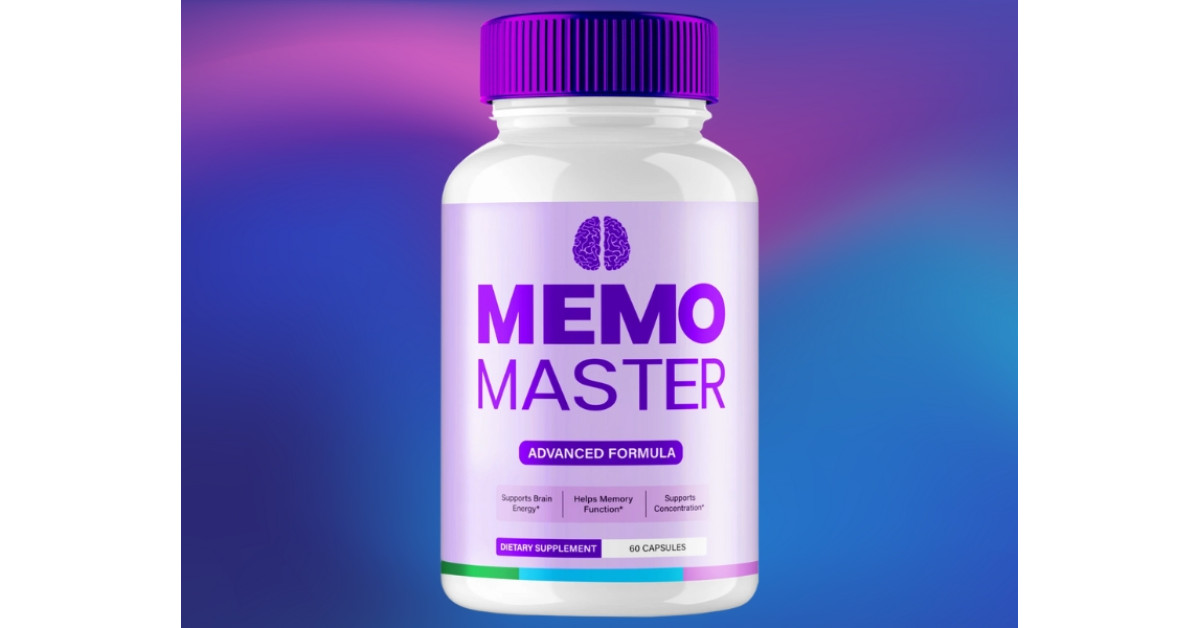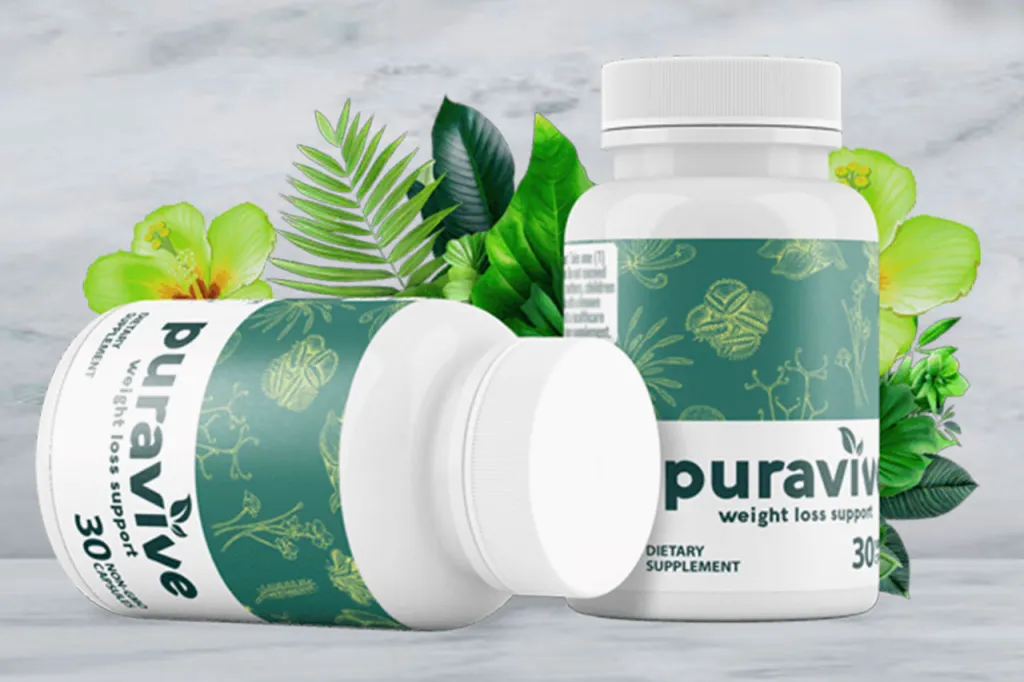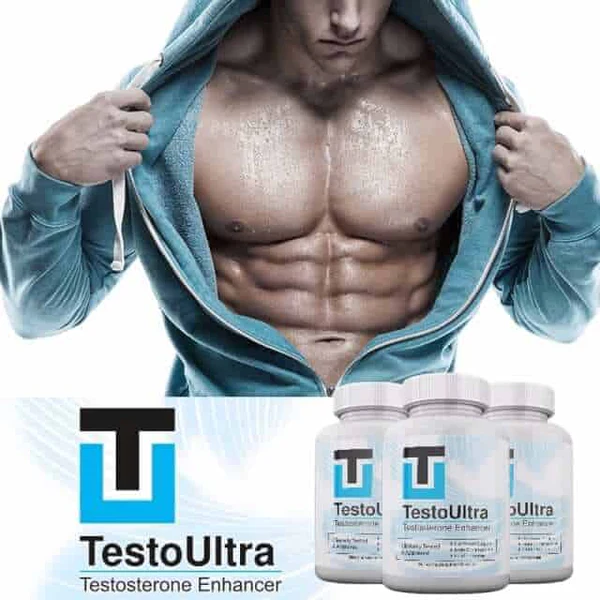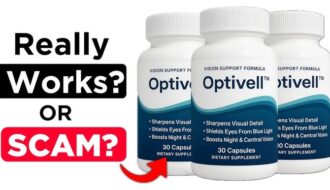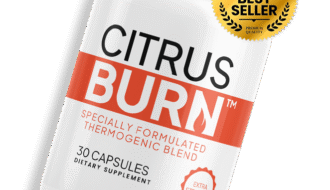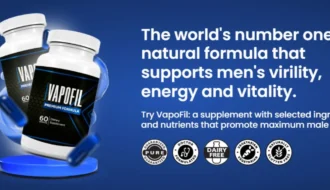In the ever-expanding market of dietary supplements, nootropics—or “brain boosters”—have carved out a significant niche, promising to enhance memory, focus, and overall cognitive function. Amid a sea of such products, a supplement named Memo Master has generated considerable online buzz, largely through aggressive and emotionally charged advertising campaigns. These promotions often feature dramatic testimonials and a so-called “honey ritual” purported to reverse memory loss, even in severe cases.
However, a closer examination reveals a landscape fraught with controversy, including allegations of deceptive marketing, the use of fake celebrity endorsements, and a profound lack of transparency. Compounding the confusion is the existence of a distinctly different, clinically studied supplement named Memo®, which has demonstrated potential benefits for cognitive health in a scientific setting.
This comprehensive article will delve into the world of Memo Master, deconstructing its marketing claims, analyzing its purported ingredients, and investigating the serious allegations of it being a scam. We will also draw a clear distinction between the online phenomenon of Memo Master and the researched Memo® formula to provide clarity for consumers navigating the complex and often unregulated world of cognitive enhancers.
What is Memo Master? Deconstructing the Marketing Narrative
Memo Master is presented to consumers as a revolutionary breakthrough in cognitive enhancement. The core of its marketing often revolves around a simple, almost magical, “honey trick” or “honey ritual” that claims to unlock the brain’s full potential and restore memories once thought lost.
The promotional materials, typically long-form video sales letters or dramatic online articles, employ a powerful marketing formula :
-
Emotional Storytelling: The ads often feature heart-wrenching stories, such as an elderly individual with severe memory decline suddenly recognizing family members after using the product. These narratives are designed to evoke a strong emotional response, bypassing critical thought and creating a sense of hope and desperation.
-
Miraculous Claims: The supplement is not positioned as a modest aid for concentration but as a near-miraculous cure. The marketing frequently implies it can combat serious neurodegenerative conditions like Alzheimer’s disease, a claim that is unsubstantiated and highly dangerous.
-
The “Secret” Formula: The marketing narrative suggests that Memo Master contains a proprietary blend of natural ingredients that Big Pharma doesn’t want the public to know about. This creates a conspiratorial tone that positions the product as a forbidden or hidden truth.
These tactics lead potential customers to a sales page that utilizes high-pressure strategies to encourage an immediate purchase. These include countdown timers, “limited time” discounts, and claims of rapidly dwindling stock, all designed to create a sense of urgency and prevent consumers from conducting further research.
Red Flags and Controversy: The Case Against Memo Master
While the marketing is persuasive, numerous red flags and serious allegations surround Memo Master, leading many cybersecurity experts and consumer advocates to label it a scam.
Fake Celebrity Endorsements and Deepfakes
One of the most alarming tactics associated with Memo Master is the use of fake endorsements from trusted public figures. Marketing campaigns have illicitly used the names and likenesses of respected medical professionals like Dr. Sanjay Gupta and celebrities like Bruce Willis, who has publicly shared his diagnosis of frontotemporal dementia.
These endorsements are often manufactured using deepfake technology, where AI is used to create realistic but entirely fabricated videos of these individuals appearing to praise or recommend the product. This is not only a violation of their rights but a deeply cynical ploy to exploit the public’s trust in well-known personalities. The presence of such deceptive content is a hallmark of fraudulent operations.
Lack of Transparency
A legitimate supplement company will be transparent about its ingredients, manufacturing processes, and contact information. Memo Master, however, is notoriously opaque. It is often difficult to find a consistent ingredient list, specific dosages, or information about the company that produces it. The product is typically sold through a network of generic websites that can appear and disappear quickly, making it nearly impossible for consumers to seek recourse or verify the product’s quality.
Unsubstantiated Health Claims
Dietary supplements in the United States are not permitted to claim they can diagnose, treat, cure, or prevent any disease. Memo Master’s marketing frequently crosses this line by suggesting it can reverse the effects of dementia and Alzheimer’s. Such claims are not supported by credible scientific evidence and can have dangerous consequences, potentially leading individuals with serious medical conditions to forgo or delay proven medical treatments in favor of an unproven supplement.
A Look at Memo Master’s Purported Ingredients
Despite the lack of a clear, verified label, some promotional materials for Memo Master have suggested it contains a blend of common nootropic ingredients. It is crucial to analyze these ingredients to understand what legitimate science says about them, while remembering that their presence, purity, and dosage in Memo Master are entirely unconfirmed.
The ingredients sometimes associated with the product include Ginkgo biloba, Bacopa monnieri, and Huperzine A.
-
Ginkgo Biloba: An herbal extract from the leaves of the ginkgo tree, it has been used in traditional medicine for centuries. It is believed to improve cognitive function primarily by enhancing blood flow to the brain and acting as an antioxidant. While some studies have suggested it may offer modest benefits for memory and cognitive speed, particularly in older adults, large-scale reviews have found the evidence to be inconsistent and inconclusive. It is by no means a “miracle cure” for dementia.
-
Bacopa Monnieri: This herb is a staple of traditional Ayurvedic medicine, where it is used as a memory enhancer. Modern research has shown that compounds in Bacopa can improve communication between brain cells and may enhance memory formation and recall in healthy adults. However, the effects are generally subtle and require consistent use over several months.
-
Huperzine A: This is a compound extracted from a type of firmoss. It works by inhibiting an enzyme that breaks down acetylcholine, a neurotransmitter that is vital for learning and memory. Because of this mechanism, it has been investigated as a potential treatment for Alzheimer’s disease. However, the evidence remains preliminary, and its long-term safety is not well established.
While these ingredients are subjects of legitimate scientific inquiry, their effectiveness depends heavily on proper dosage, standardization, and quality—none of which are guaranteed with a product like Memo Master. Furthermore, the marketing claims for Memo Master go far beyond the modest and often nuanced findings of clinical research.
A Tale of Two Memos: Distinguishing Memo Master from Memo®
The confusion surrounding Memo Master is amplified by the existence of a different product with a strikingly similar name: Memo®. Unlike the online supplement, Memo® is a specific formulation produced by Pharco Pharmaceuticals and has been the subject of legitimate clinical research.
A 2013 study published in the journal Clinical Interventions in Aging investigated the effects of Memo® on 66 patients with mild cognitive impairment (MCI), a condition that can be a precursor to dementia.
The Memo® Formula
The study clearly outlines the product’s composition. Each capsule of Memo® contains a precise, standardized blend of :
-
Lyophilized Royal Jelly (750 mg): A nutrient-rich substance produced by bees, royal jelly contains unique fatty acids and compounds that have been found to promote the growth of new brain cells (neurogenesis) in preclinical studies.
-
Ginkgo Biloba Extract (120 mg): Standardized to contain 24% flavonoid glycosides and 6% terpenoids, ensuring a consistent and active dose.
-
Panax Ginseng Extract (150 mg): A well-known adaptogen, Panax ginseng has been studied for its potential to improve abstract thinking, mental stamina, and endurance.
The Clinical Study and Its Findings
The study was a randomized, placebo-controlled trial—the gold standard for clinical research. For four weeks, one group of patients with MCI received a daily capsule of Memo®, while the control group received a placebo.
The researchers measured cognitive function using the Mini-Mental State Examination (MMSE), a widely used test to screen for cognitive impairment. The results were statistically significant:
-
The group taking Memo® showed a mean improvement of +2.07 points on the MMSE score.
-
The placebo group showed a negligible change of +0.13 points.
The study’s authors concluded that this specific triple combination “may be beneficial in treating the cognitive decline that occurs during the aging process” and in the early stages of conditions like vascular dementia and Alzheimer’s disease. They also responsibly noted the limitations of their study, including its short duration, and called for larger, longer-term trials to confirm the findings.
The case of Memo® illustrates the stark difference between a product backed by transparent, peer-reviewed research and one promoted through deceptive online marketing. Memo® has a defined formula, was tested in a clinical setting, and its results were published for scientific scrutiny. Memo Master has none of these credentials.
The Verdict: Is Memo Master a Scam?
Based on the overwhelming evidence, Memo Master exhibits all the classic characteristics of a deceptive product or an outright scam. The most damning factors are:
-
Use of Fake Endorsements: The documented use of deepfake videos and unauthorized use of celebrity likenesses is fraudulent and predatory.
-
Unsubstantiated and Dangerous Claims: The assertion that it can reverse severe memory loss or cure dementia is not supported by science and preys on vulnerable individuals and their families.
-
Complete Lack of Transparency: The absence of a verifiable ingredient list, dosage information, company details, or manufacturing standards makes it an untrustworthy product.
-
High-Pressure, Deceptive Sales Tactics: The marketing model is designed to manipulate emotions and create false urgency, discouraging rational decision-making.
While some of the ingredients theoretically associated with the product have some scientific merit, the Memo Master brand itself is built on a foundation of deception. Consumers who purchase it have no way of knowing what is actually in the capsules, whether they are safe, or if they contain the advertised ingredients at all.
How to Safely Choose a Cognitive Supplement
For those genuinely interested in supporting their brain health, it is vital to approach supplements with a critical and informed mindset.
-
Consult a Doctor First: Before taking any new supplement, especially for a concern as serious as memory loss, consult a healthcare professional. They can help rule out underlying medical conditions and provide guidance on safe and effective options.
-
Demand Transparency: Look for products with clear, detailed labels that list all ingredients and their exact dosages.
-
Verify with Third-Party Testing: Choose supplements that have been independently tested by organizations like NSF International, U.S. Pharmacopeia (USP), or ConsumerLab.com. This verifies that the product contains what it claims and is not contaminated with harmful substances.
-
Be Skeptical of “Miracle” Claims: Real science is nuanced and incremental. Be wary of any product that promises dramatic, rapid, or guaranteed results.
-
Research the Brand: Purchase from reputable, well-established companies that provide clear contact information and stand behind their products.
Conclusion
Memo Master serves as a powerful cautionary tale about the dark side of the supplement industry. It leverages sophisticated and unethical marketing tactics, including deepfake technology and emotional manipulation, to sell a product of unknown quality and efficacy. Its claims are not only unsubstantiated but also dangerously misleading for individuals grappling with cognitive decline.
By contrasting the deceptive practices of Memo Master with the transparent, research-backed approach of a product like Memo®, the path forward for consumers becomes clear. True support for cognitive health comes not from “secret” rituals or miracle pills advertised online, but from a foundation of a healthy lifestyle, evidence-based medical care, and a critical, informed approach to any supplement under consideration. In the end, the most powerful tool for protecting one’s health and wallet is skepticism.
![]()
